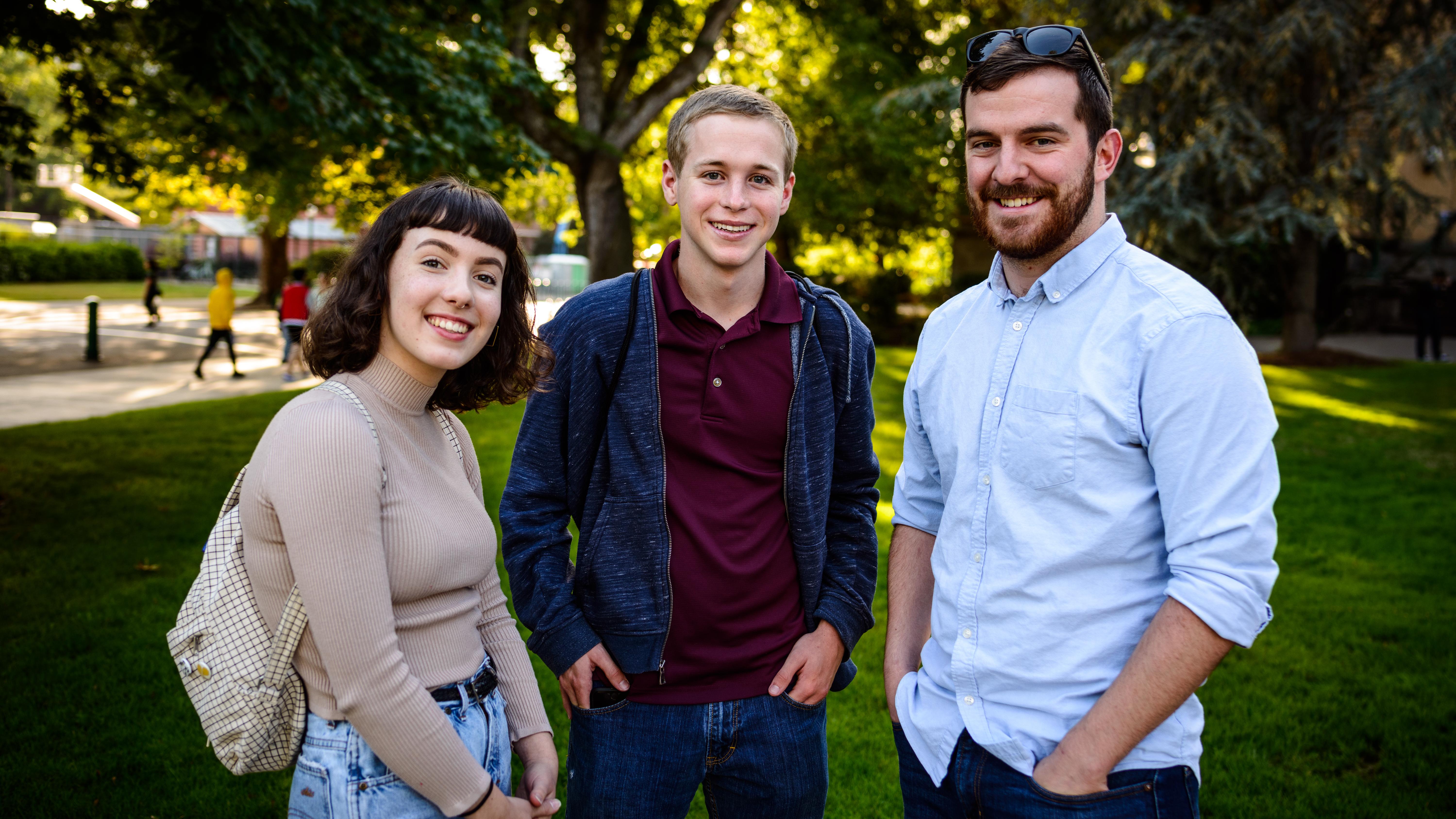We’ve seen the studies. Millennials are the least religiously affiliated generation, according to Pew. Adults under 40 are less religiously affiliated than older adults around the world. Every news report on religious practices seems to point to declining church attendance.
Nones. Dones. Spiritual but not religious. How do we walk alongside our young adult kids as their faith changes in this climate?

